What the Newest Facebook Hoax Tells Us About Users
 The newest Facebook hoax to make the rounds started picking up some serious steam yesterday. You might have seen some of your friends post a message along the lines of: "In response to the new Facebook guidelines, I hereby declare that my copyright is attached to all of my personal details, illustrations, comics, paintings..." Well, no surprise but it is just a hoax.First of all, posting anything of this sort on a personal profile will not negate the legal agreement that all users signed when creating an account. Remember the small print in the terms and conditions? That's a legal contract. According to that contract, only Facebook reserves the rights to change the terms. Second, are we that naive to believe that Facebook would find each individual user who made such a post and exclude them from the agreement that they signed?Those things aside, it's an interesting social experiment that teaches us some valuable lessons about Facebook users and the internet at large:
The newest Facebook hoax to make the rounds started picking up some serious steam yesterday. You might have seen some of your friends post a message along the lines of: "In response to the new Facebook guidelines, I hereby declare that my copyright is attached to all of my personal details, illustrations, comics, paintings..." Well, no surprise but it is just a hoax.First of all, posting anything of this sort on a personal profile will not negate the legal agreement that all users signed when creating an account. Remember the small print in the terms and conditions? That's a legal contract. According to that contract, only Facebook reserves the rights to change the terms. Second, are we that naive to believe that Facebook would find each individual user who made such a post and exclude them from the agreement that they signed?Those things aside, it's an interesting social experiment that teaches us some valuable lessons about Facebook users and the internet at large:
- People are paranoid but crave connections: Most users know that Facebook (and all social media) are awful when it comes to respecting users' privacy, identifiable information, or website tracking. Despite this, people still flock to these sites by the billions because the interactions and connections they get from the sites are worth the risk.
- Users want an easy way out: A quick search to determine if something is a hoax or not only takes one minute, but many users would rather simply make the most. In fact, several people I know prefaced it with "I know this probably isn't going to work but..." Often, users will choose the past of least resistance. Even if someone sees a great cause that they strongly believe in, they're more likely to give it a "like" than to take an extra few moments to donate a few dollars that they could easily afford.
- The internet has a short-term memory: What is amazing is that the Facebook community fell for this same hoax not once, but twice. Similar posts have been popular for the last several years.
- People would rather believe lie: Most users would rather believe a lie that plays off of their existing fears than to make their own deductions based on research. How often do we see this in marketing schemes? In politics?
- Social Networking demands immediacy: We live in a society that depends on the instant: people are checking emails while waiting in lines, at dinner, and on the toilet. Social networking users are constantly checking their feeds throughout the day and want to post about what is happening right now. A search delays that instant reaction, something that many users unconsciously are unwilling to sacrifice.
In the age where consumers are supposed to be more sophisticated than ever (we have more information at our fingertips than ever before), users are falling for some of the most simple tricks in the book. Remember, before you share or post, think twice. Take the time to do some research before making a blind post. When marketing a product or service, make it easy to share.
